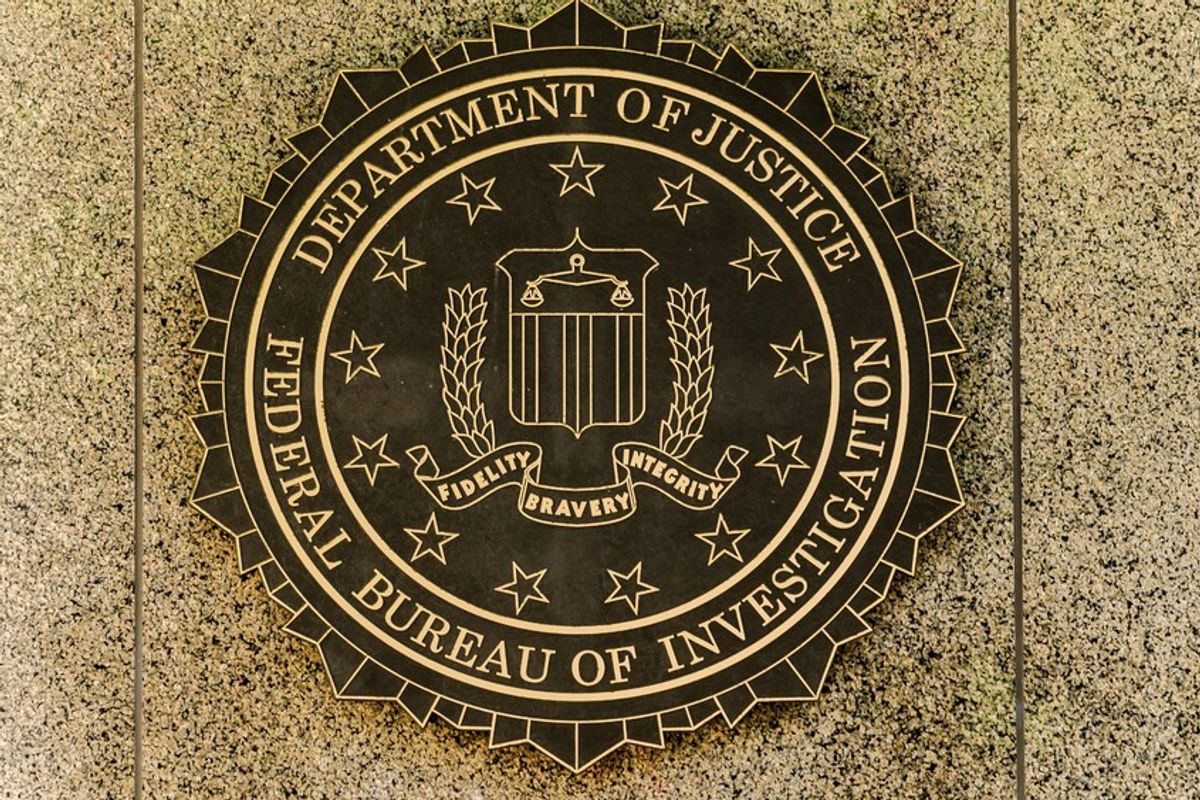If Hillary Clinton wins tonight, it will likely be a relief to the Washington foreign policy establishment, our Allies, and probably even our adversaries. If anything is valued in international affairs, it is predictability and stability. Even those revolutionary states that are looking to overturn the status quo are probably taken aback by the sheer capriciousness of Donald Trump’s statements and positions. Allies will undoubtedly be heartened by her victory, and the small army of long-time foreign policy elites will be lining up for jobs.
Whereas Trump’s profound ignorance, history of stating radically conflicting positions, and general disinterest in the topic makes his foreign policy a complete mystery, it is much easier to predict Ms. Clinton’s actions as President. Ms. Clinton’s views are squarely in the camp of Washington’s foreign policy elite – the largely bi-partisan centrist internationalists who have held sway in Washington since the beginning of the Cold War.
While new Presidents often form their plans as a reaction to those of their predecessor, Ms. Clinton is not likely to pursue radically different policies than did President Barack Obama. Neither Clinton or Obama are ideologues, and instead see the use of American power as an exercise in designing pragmatic solutions. As such, most observers assume that a Clinton foreign policy will be essentially a version of “Obama plus” – the same basic world-view and strategy, with a more aggressive willingness to use the tools of power. She believes in American power and exceptionalism, and is not afraid to use all the tools of tradecraft: soft, hard, and covert.
The complaint levied in the campaign that Ms. Clinton is a part of the establishment is absolutely true. She is as much a Washington insider as President Obama was an outsider. In Jeffrey Goldberg’s notable “Atlantic” article entitled “The Obama Doctrine,” President Obama highlighted his skepticism of the existing foreign policy elite who, he believes, were much better at getting America into wars, than getting them out. President Obama called the military-heavy policies of the foreign policy establishment, the “Washington Playbook,” and the Washington foreign policy elite, “The Blob.” As someone who spent years growing up overseas, Mr. Obama has never seemed comfortable lecturing foreigners about why they should be thankful for American leadership. Ms. Clinton, on the other hand, is much more likely than President Obama to speak about American exceptionalism, and the need to wield soft and hard power. If you can get your hands on a copy of the “Washington Playbook,” you will have a solid framework for analyzing Ms. Clinton’s likely policies.
Indeed, according to her campaign website, Ms. Clinton vows to “embrace all tools of American power.” On issues of ISIS and terrorism, she has said that she will intensify the air campaign, provide more support to local partners and allies, and undertake an intelligence surge. Moreover, the Presidential debates brought out that she also clearly plans to continue the policy of targeting killings. These are views straight out of the ‘playbook.’
One can also look to her time as Secretary of State and the policies of her husband’s Administration to get a sense of her priorities. She has long liked the term “smart power,” which suggests the incorporation of economic issues and human rights issues as key parts of foreign policy. Throughout her career, she has long worked on issues that impact the rights of women and children, and her husband’s White House was focused on including U.S. commercial interests in its efforts overseas. She has developed key relationships over many years with global elites and will surely get in touch with allies soon after the election to assuage their concerns following the tumultuous campaign. Some critics describe Ms. Clinton as a “hawk.” While her primary focus will be diplomatic, economic and humanitarian, she has indeed shown a willingness to use covert action and military force.
Following the election, she will be faced with a host of issues that have no easy solution. Unlike President Obama, she has shown a willingness to apply direct pressure on Syrian President Bashar Assad and Russia. However, no serious analyst of the Middle East believes that it will be enough to solve the grave situation in Syria. There seems to be no route down the middle capable of appeasing all of the competing interests in the Middle East. The Sunni, Shia, Turks, Iranians, Saudis, Kurds, and Russians all have conflicting interests. Solving one problem simply aggravates another.
Equally daunting and dangerous are the bellicose nuclear actions of North Korea, and the Chinese insistence that they control the South China Sea. The situation has been made worse by the new Filipino President who has stated his intention to pull out of his alliance with the U.S. Recent skirmishes between Indian and Pakistani proxies could easily escalate into a serious crisis between two nuclear armed states.
Ms. Clinton will not have a hard time finding people to serve in senior foreign policy positions in her Administration. Indeed, she will likely find it more difficult to make space for everyone who wants a senior job on her National Security Team. It is hard to predict who will fill key roles since so many senior people were supportive of her campaign, and not all can get the positions they seek. Among other key supporters who will surely find a home are: former diplomats Kurt Campbell, Bill Burns, Wendy Sherman, Nicholas Burns, Dan Benjamin, Michael McFaul, and Tamara Wittes; former Defense officials Michelle Flournoy, Mike Vickers, and retired Admiral James Stavridis as well as Jake Sullivan, Tom Donilon, and Obama hold-over Denis McDonough.
Ms. Clinton’s ability to govern domestically will depend largely on whether she has a Democratic or Republican Congress. She will have more flexibility in foreign policy, since her views are largely pragmatic and in line with those of the largely bipartisan foreign policy elite (the blob). In any event, there will be no shortage of foreign policy challenges facing the next President.










